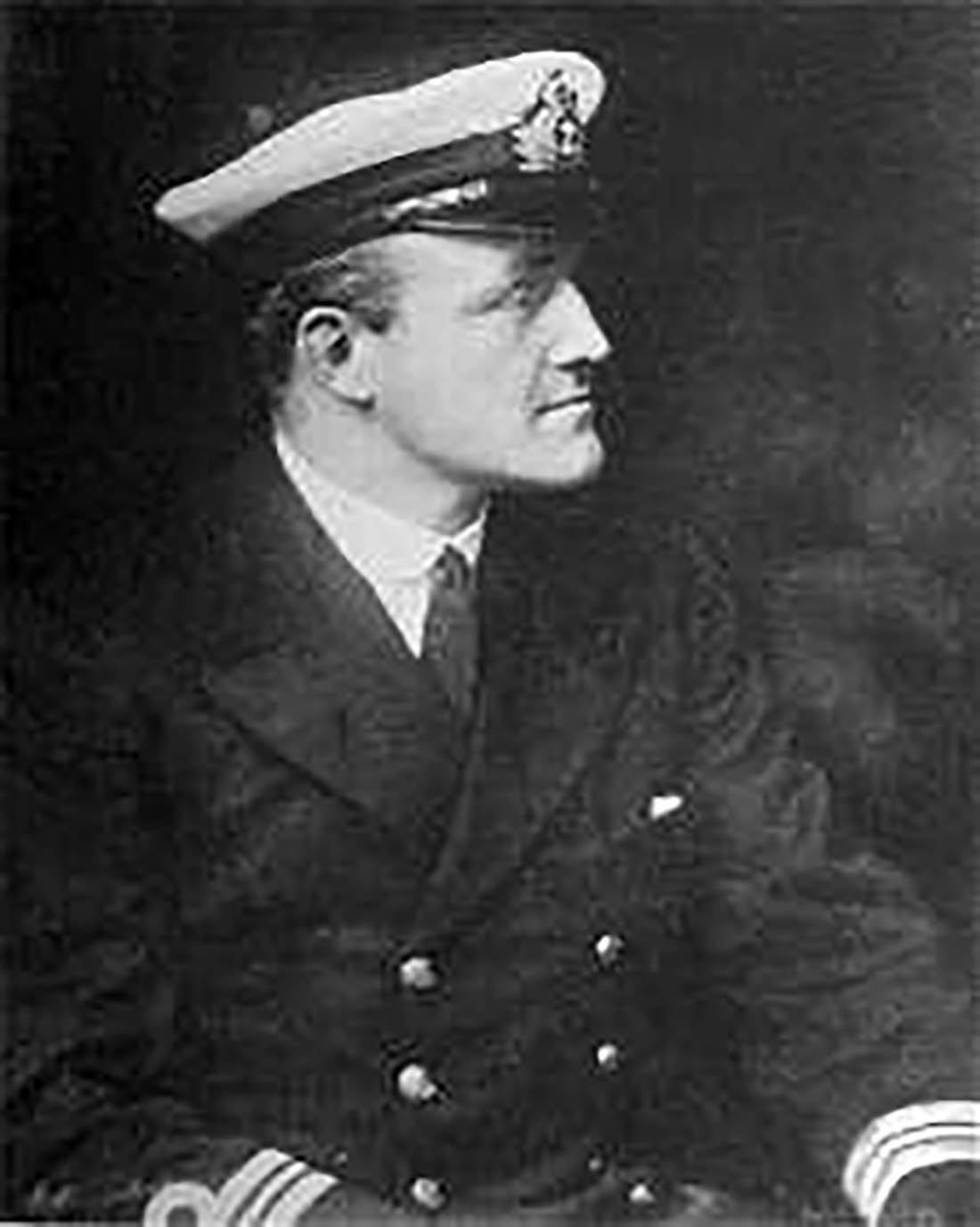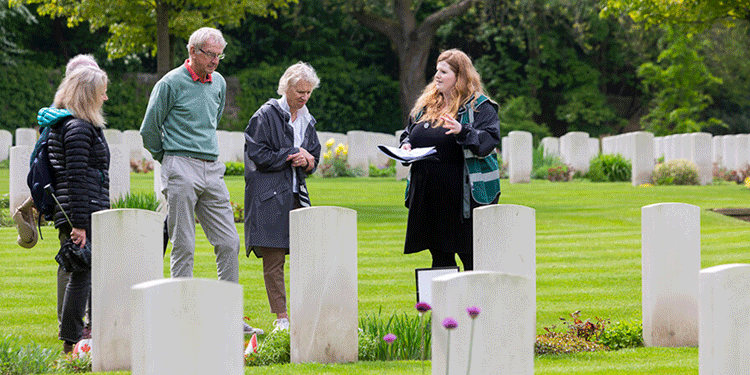
Lieutenant-Commander Arthur Leyland Harrison was born on 3 February 1886 in Torquay, Devon. He was educated at Brockhurst Preparatory School, where he is remembered every year.
At school, Harrison played and excelled in many sports. When he joined the Navy, he played rugby union and was twice selected for the England national team.
For most of the First World War, he served aboard the battlecruiser HMS Lion, taking part in action in the first naval battle of the war, Heligoland Bight in 1914, the Battle of Dogger Bank in 1915 and the Battle of Jutland in 1916, which earned him a mention in despatches.
On 23 April 1918, Harrison lost his life during the Zeebrugge Raid, an attack to prevent the Germans from seizing the Belgian port and using it as a submarine base.
His bravery and heroism in the face of the enemy at Zeebrugge on the night of 22-23 April 1918 earned him a Victoria Cross, the highest and most prestigious decoration awarded to members of the Commonwealth forces.
Though he was seriously wounded and in a position fully exposed to enemy machine-gun fire, Harrison led his men in the attack, displaying ‘indomitable resolution and courage of the highest order ‘. All his men were killed or wounded and Arthur Harrison was reported missing.
He is commemorated on the Zeebrugge Memorial, and at the Zeebrugge Churchyard. Arthur Harrison is one of the few English international rugby union players to have been awarded the Victoria Cross, along with Jack Harrison, who received it posthumously in 1917.
An extract from the "London Gazette," dated 14th March, 1919, records the following: " For most conspicuous gallantry at Zeebrugge on the night of the 22nd-23rd April, 1918. This officer was in immediate command of the Naval Storming Parties embarked in 'Vindictive'. Immediately before coming alongside the Mole Lieut.-Commander Harrison was struck on the head by a fragment of a shell which broke his jaw and knocked him senseless. Recovering consciousness he proceeded on to the Mole and took over command of his party, who were attacking the seaward end of the Mole. The silencing of the guns on the Mole head was of the first importance, and though in a position fully exposed to the enemy's machine-gun fire Lieut.-Commander Harrison gathered his men together and led them to the attack. He was killed at the head of his men, all of whom were either killed or wounded. Lieut.-Commander Harrison, though already severely wounded and undoubtedly in great pain, displayed indomitable resolution and courage of the highest order in pressing his attack, knowing as he did that any delay in silencing the guns might jeopardise the main object of the expedition, i.e., the blocking of the Zeebrugge-Bruges Canal. "


